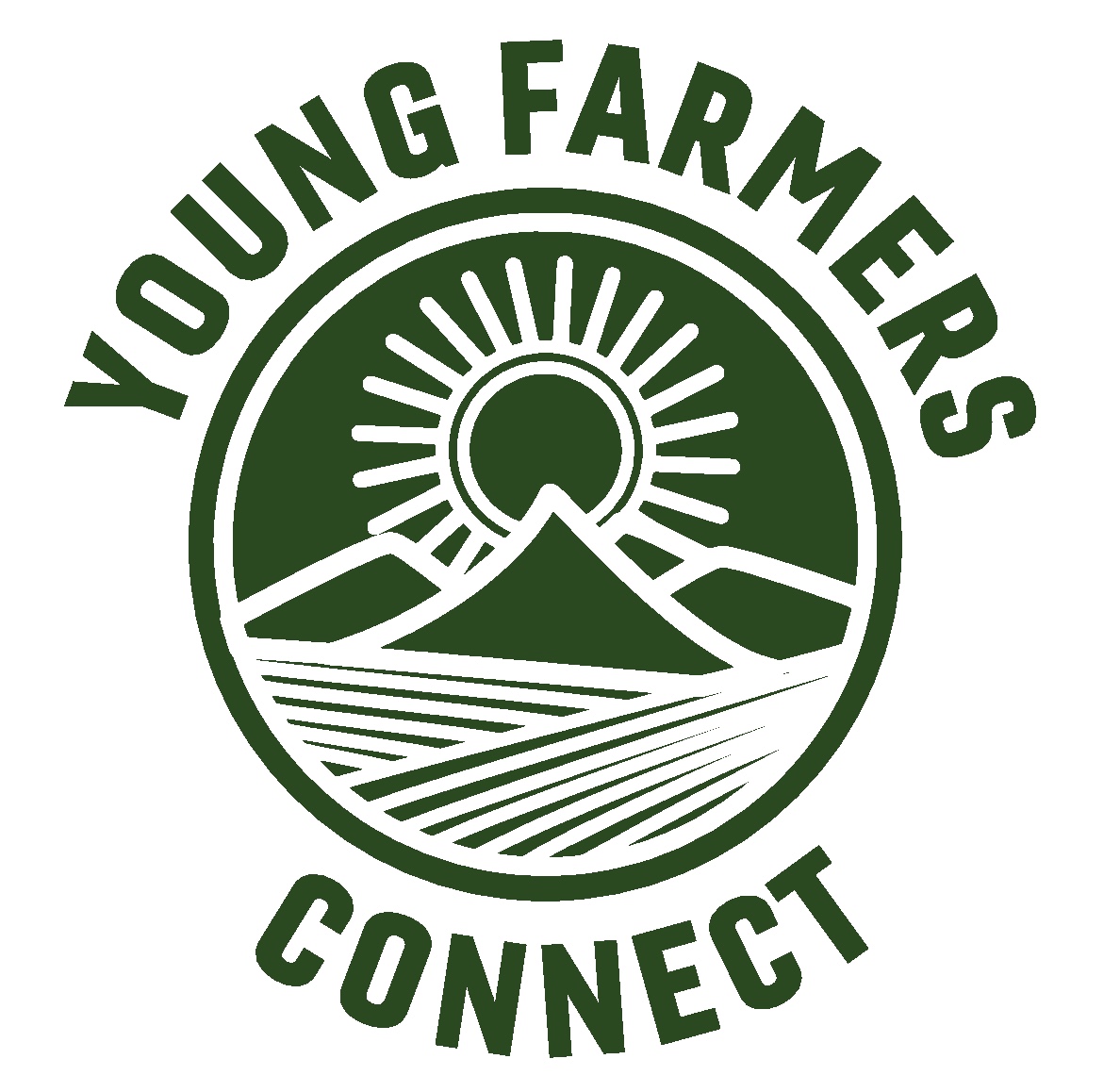Declan McGill and Melissa Charlick - Roly Poly Farm
Where and what do you farm?
Roly Poly Farm is the result of two 26-year old Perth-bred farmers, Declan McGill and Melissa Charlick.
We are located 45 minutes out of Perth, Western Australia, and are currently growing annual vegetables on just over half an acre.
How did you start your farming journey / what led you to it?
We began our farming journey after spending a few years navigating different career parths, whilst trying to identify how to live and work sustainably. This led to more and more conversations and visits to local regenerative farms, and the bug of farming bit! Four years later, we came home after working; volunteering; and interning on various farms and market gardens in both The Americas and other parts of Australia. We found a patch of land, evaluated what it would be most conducive to growing, and it turns out it was vegetables! Being flexible with our knowledge, experience, and aspirations is key for us as new farmers, as it allows us to latch onto opportunities when they arise.
Is it what you expected?
Yes, in all of it's first-year chaotic glory.
Biggest learning curve so far?
Starting our own business. Working on other farms, you get filled with information and techniques and experience. However, when you leave the scheduled work hours and longer chain of responsibility that you find when working for someone else, the full weight of repsonsibility become glaringly apparent. Marketing; growing; harvesting; volunteers; communications; accounting; workers; disease; tool maintenance...you do it all! We're on the other side of that big learning curve now, but it never stops, and we wouldn't want it to.
Who / what / why inspired you to get farming?
The idea of being able to channel our uncertainties of the world's future into something tangible, active, exciting and positive really inspired us. For much of my (Melissa's) childhood, I put blinkers on to the environmtal state we as a world find ourselves in. I didn't know what to do, and it felt too overwhelming. I think that this is a position a lot of people find themselves in, both children and adults. When I began delving into the world of regenative farming, those blinkers were taken down, and my energy is now directed towards doing and growing, rather than helplessness and denial.
What is your biggest milestone so far?
Starting to establish procedures, market streams, and efficiencies, which now allow us to have some semblance of work-life balance. The first year is crazy, especially when you are not fully set-up infrastructure-wise, yet have started markets. For months, we were bed-forming; seeding; harvesting; putting up greenhousing; figuring out market set-up and streams; CSA organising; and putting in/figuring out appropriate irrigation, all smooshed together in the same chaotic week. Late nights, early mornings, 7 days a week. Now, we are on the end-curve of it. Our beds are formed, the core of our infrastructure is established, and our weeks have a bit more 'flow' to them...including Sundays off (well, except for chores!).
What is the dream?
We don't deal in dreams. All too often, we get told we are 'living the dream'. But we aren't. We are living our vision. Dreams are are often fantastical, and fail to root themselves within the realms of reality. Visions are expectations of the future. They require solid grounding, development, and a thorough grasp of reality. Our vision comes in two parts.
Our vision for ourselves is to move onto a long-term piece of land in which we are able to invest our time; finances; and energy, knowing that it will continue to grow and give back for many years to come. We aim to begin teaching other young farmers in our area, and leave our piece of land to them, whilst allowing even more farmers a model to follow in order to access their own land and build their own farm.
Our vision for the food system is the revaluation of land as farmland, and building up farming as a career-path to be equal to the status of medicine, or law. I believe that, for our food system to truly be re-localised and regenerative to both community and land, we need to make farmers people to envy and to aspire to be, not people to feel sorry for, or to pray for.
